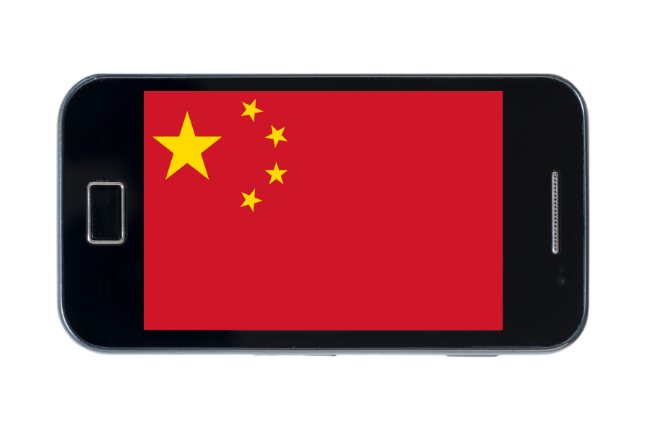
Subsidies exist as a way to mitigate the upfront cost of devices that carry a heavier price tag, especially those from established brands. The new policy, brought forth in July, will likely hurt these devices’ manufacturers, such as Lenovo, Huawei, Samsung, HTC, and many more who rely on subsidies to sell their devices to consumers and make a profit. Earlier this month, China Mobile Ltd. told its investors its handset subsidies would be lowered to 6 billion yuan (roughly $976 million) in the second half of 2014.
Related: Xiaomi topples Samsung to take top spot in China smartphone market
Morgan Stanley’s Jasmine Lu certainly agrees: “Those handset OEMs that rely on operator channels will likely be adversely affected (in the) long term (if they do not) diversify their channel focus,” said Lu. Meanwhile, local companies such as Xiaomi, already China’s largest smartphone company in terms of shipments, will likely benefit from the new policy since it makes its money from online retail stores and its app store rather than from its hardware.
While non-Android competitors like Apple may also be affected, Morgan Stanley analysts believe the company’s premium status will prevent sales from taking a nose dive.
Related: Apple assures China that its iPhone location tracking feature is not a threat


